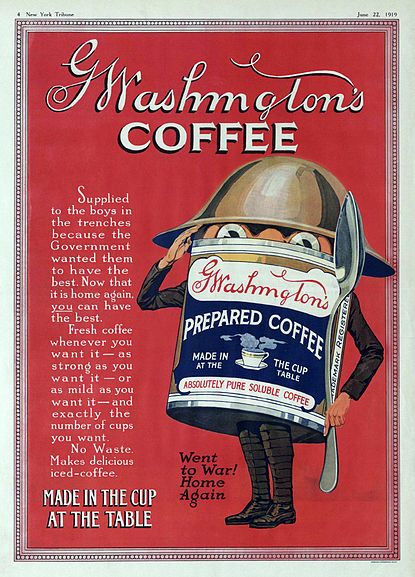 "Is This Coffee Good?"
"Is This Coffee Good?"I constantly second guess myself whether some coffee I drink is "meh," "ok," or "good." Excellent coffee is easy to differentiate when the first sip hits the tongue, and you recognize the myriad of dynamic, interesting flavors indicating its freshness and the skill of the barista brewing it. But, other coffees that are less impressive can be hard to grade.
This guide posits three simple questions to consider when drinking a coffee of unknown quality.
1. When was it brewed?
Coffee brewed to order will always be fresher and more flavorful than coffee sitting in a glass container on a burning plate (Think 7-11 or a diner). If the coffee has already been brewed, but in a larger thermos-like container, its a step up. If you don't know, ask! The workers may fudge the answer, but at least you will get a ball park answer. Anything over an hour or two, will be a strike against the coffee. If it was brewed in the morning, and it is now the afternoon that is not good.
2. How was it brewed?
A contributing factor to an overall "goodness" of coffee is how it's brewed. French press and pour over methods are one of the best ways to get quality coffee. Drip machines, the ones you see at most coffee shops and restaurants, vary in quality. As noted above, coffee sitting in a glass container over a heating plate actively ruins coffee flavor over time. Once the coffee is brewed, the container should attempt to contain the heat from the brewing process, not add more heat. If the coffee is in a thermos, good. The coffee will stay fresher than in a glass pot. Also, some places have the time written on the container when the coffee was brewed.
3. What kind of coffee is it?
This is tough. Many factors contribute to quality coffee beans, principally when it was roasted and ground. Was it ground when you ordered it? If not, mark it down. Pre-ground coffee is less fresh. Does it anywhere on the packaging or menu say "Gourmet Coffee"? As in the words of fellow coffee blogger Coffee Nate, "Gourmet coffee means garbage coffee." Look for single origin coffees from Latin America, Africa, or Indonesia, which means that the coffee is not a blend. Single origin coffees tend to be fresher as the coffee retailer is marketing towards coffee lover people, not Folgers coffee people. Generally, coffee blends hide bad coffee by mixing it with marginally better coffee. If you have no idea where the coffee came from, either who sells it or where it was grown, the chances of it being "meh" are greater.
Conclusion: These three questions help guide you in ascertaining good coffee. My elaborations are not answers, but some suggestions to consider. There are exceptions. For example, specialty coffee shops can purvey an image of having quality coffee, but brew average or bad coffee. Watch out for trendy imagery and marketing. Its about taste. Coffee should not be exceedingly bitter, ashy, or burnt. Good coffee can be black without evoking a "sour face." Good coffee has unique flavor profiles like spicy, chocolatey, earthy, or piquant. "Ok" coffee isn't bitter or ashy, but doesn't necessarily have anything going for it either.

"Liebe lebt von Küssen, stirbt mit Tränen, ist schwierig zu finden, schön zu haben, leicht zu verlieren, schwer zu vergessen."
ReplyDeleteDas ist aber schön. I was wondering what the implication of using "schwierig" vs. "schwer" was, and found that "schwer" can imply weightiness or heaviness (http://forum.wordreference.com/showthread.php?t=12878) which seems fitting here.
~Matt